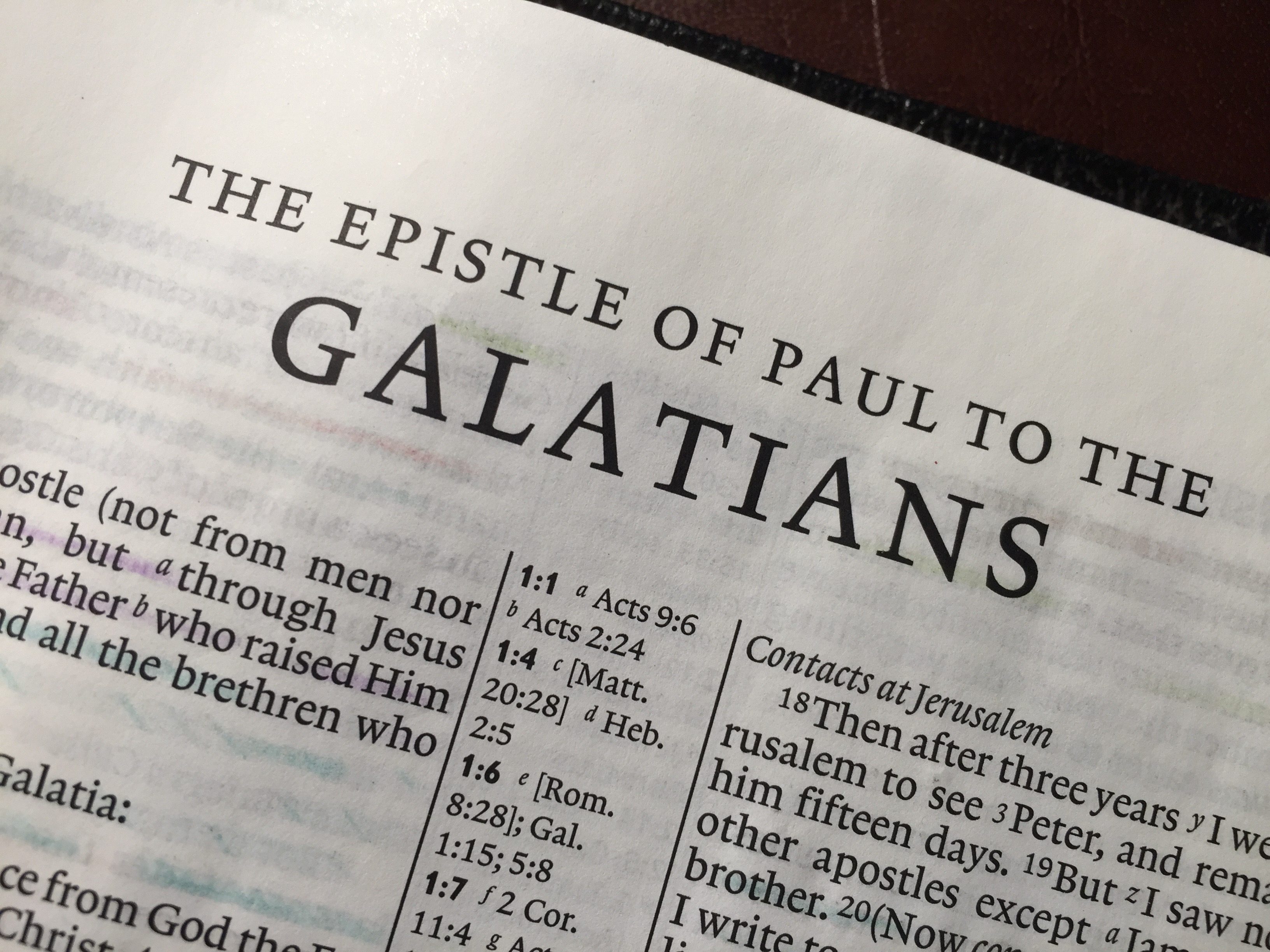
Galatians 5:16–25 Discussed…
Acting Defensively as a Cover-Up for Own Sinful Inadequacies
How often do people have a personality and a worldview that is based on a mental and spiritual paradigm that is defensive and self-protective? Someone with such a personality often excuses and absolves themselves of responsibility for their actions by shifting the blame off of self by accusing others for the negative consequences their own actions. The actions of such a person often proceed from that person’s mental and spiritual carnal nature strongholds. It is out of these strongholds (e.g. pride, selfishness, fear, greed, lust, bitterness, etc.) and an attempt to cover their sin (instead of dealing with it through admission of responsibility followed by confession and repentance) that these defensive, self-preservationist actions occur. Those on the receiving end of the person’s defensive, sinful actions will see this person as accusative, angry, contentious, lying, arrogant and fearful. These are the bad fruits of a carnally-minded person.
Moreover, our own sins often blind us from clearly seeing the sins of others. What happens, in an effort to cover up our own sins and absolve and excuse ourselves from responsibility for our own sinful actions, is that we often condemn and accuse others of that which we ourselves are guilty. This is called blame shifting and is a merely a slight-of-hand diversionary tactic to distract the attention of those we’re trying to deceive. By resorting to this defensive strategy, we get the critical eye of others off ourselves and we effectively are able to cover and hide our own sins thus escaping responsibility for our own evil actions.
This is why we have to be so careful when pointing fingers at others for any reason. Perhaps we are guilty of the same sin for which we’re accusing others.
In fact, the wise person, when he sees himself accusing someone of something, will stop for a moment of self-reflection and self-analysis to determine if he is actually reacting in a hypocritical and duplicitous manner. If so, this is an excellent opportunity for one to gain an insight into the dark areas of one’s own soul and to admit his own glaring sinfulness and to confess and repent of that sin. This takes great courage and spiritual maturity, but provides one with a great opportunity to overcome sin and to grow closer to Elohim by becoming more like Yeshua.
Accountability to others is vitally important to help keep us on the narrow path of righteousness and truth and to even aid us in maturing spiritually. With the help of those to whom we make ourselves accountable, we will learn to act under the controlling influence of the Word and Spirit of Elohim. We will be disinclined merely to act out of carnal emotional and mental (often demonically-influenced) impulses that are based on sin-strongholds that exist deep in our soul as a result of past wounds and hurts. These past hurts continually jerk us around by dictating how to act and what to say when we are confronted with difficult, embarrassing situations (Gal 5:16–17). Instead of being led by the Spirit of Elohim to respond appropriately in crisis situations resulting in the fruit of the Spirit being produced (Gal 5:16, 22–25), such a person, instead, tends to react emotionally, impulsively and defensively and the outcome is the works of the flesh (Gal 5:19–21).
This is why accountability to others is important. Other people will help us to see our blind spots and, if we can get past our own pride and proclivity to react self-defensively, to overcome our fleshly, carnal, sinful tendencies, and to walk under the control of the Spirit of Elohim thus producing the fruit of the Spirit instead of the works of the flesh.
As a result, our interpersonal relationships will improve, stress will diminish and the peace of Elohim will fill our lives and will live in an atmosphere of love, joy and peace instead of strife, contention and anger.





